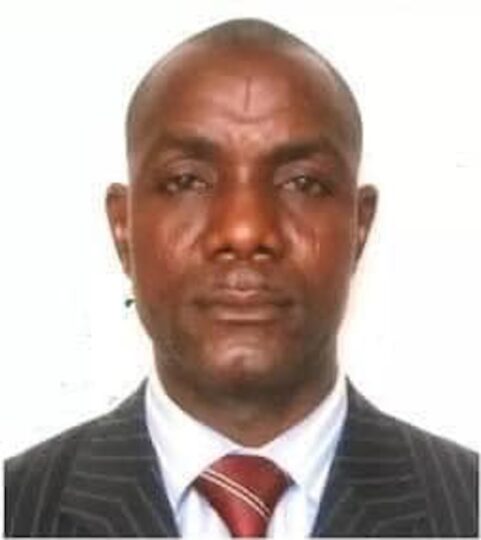AS heavy rainfall is expected to escalate, coupled with the reported release of water from Lagdo Dam in Cameroon, the State Orientation and Communications Bureau, has appealed to Deltans to brace up for challenges associated with flooding.
Director General of the Bureau, Dr. Fred Oghenesivbe, while speaking as a guest on Voice of Delta FM and later at a Trend FM public affairs programmes in Asaba, Wednesday, disclosed that the National Flood Warning Systems Centre, NFWSC, under the Federal Ministry of Environment, had predicted heavy rainfall in 15 states, including Delta, from 24th to 28th September, that may result to ‘serious’ flooding.
He therefore stressed the need for residents in Abraka, Agbor, Asaba, Umukwata, Aboh, Ozoro, Oleh, Otu-Jeremi and coastline communities, as well as persons living in floodplain areas to immediately relocate temporarily to upper land, taking with them valuable properties, children, people with disabilities and elderly family members.
Oghenesivbe, who is also a member of the State Flood Disaster Management Committee, Chaired by the Secretary to State Government, Dr. Kingsley Emu, revealed that the Committee is putting finishing touches to IDP camps in flashpoint communities, especially Oleh, Otu-Jeremi, Patani, Kwale and Asaba, adding that “the state government will provide medicare through the Ministry of Health, generate light, provide toilets and other facilities at the IDP camps, as directed by the Peoples Governor, Rt. Hon. Sheriff Oborevwori.
He assured that the State Emergency Management Agency, SEMA, in collaboration with the National Emergency Management Agency, NEMA, is partnering the State Flood Disaster Management Committee to assist displaced persons in some coastline communities, coupled with NEMA’s promise to provide free helicopter airlifting of persons in remote areas who may not be able to freely move from difficult terrains to upper land.
He informed that Governor Sheriff Oborevwori has ordered the committee and relevant Ministries, Department and Agencies (MDAs) to provide essential services for all displaced persons in IDP camps, especially in the area of medicare, security, light, toilet facilities, food, while less affected communities will receive palliatives to ameliorate any impacts of flooding.


